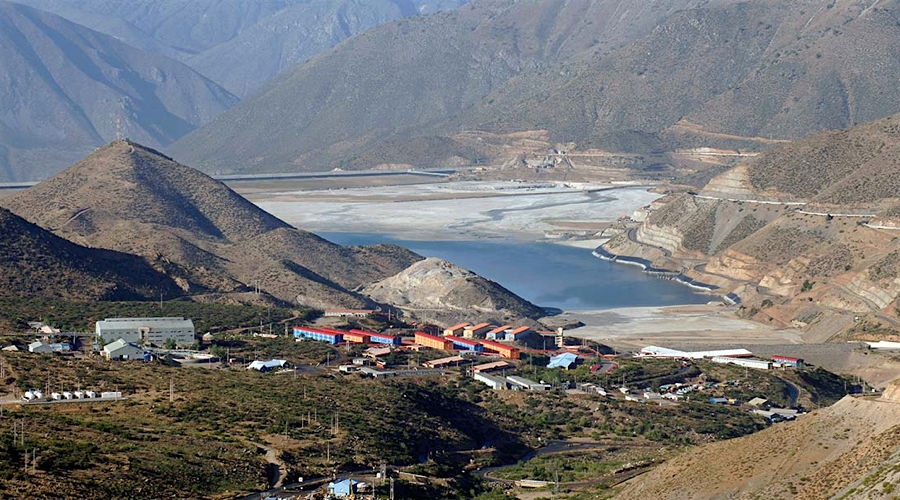Earnings before interest, taxes, depreciation and amortisation (EBITDA) climbed 12% to $2.74 billion, beating analyst estimates of $2.6 billion.
As most majors miners that have reported results this year, Antofagasta delivered a bumper final dividend of 48.5 cents, 52% higher than consensus forecasts.
The payout translates into a full-year dividend of 54.7 cents per share, equating to 100% of underlying earnings per share and over and above the company’s minimum payout policy of 35%.
Full year copper production was 733,900 tonnes and net cash costs were $1.14 per pound.
For 2021, Antofagasta reaffirmed copper production guidance of between 730,000 tonnes to 760,000 tonnes at a net cash cost of $1.25 a pound.
The miner is optimistic about the short and medium term copper market outlook, which doesn’t seem affected so far by a second — and in some countries third — covid-19 wave.
Antofagasta sees demand recovering the volumes lost in 2020 and growing further from there. It noted there is uncertainty about stimulus packages in China continuing as strongly as last year. But the copper miner believes the economic recovery expected in the US, Europe and elsewhere in the world, supported by fiscal stimulus packages, will positively impact sectors that use the metal.
Antofagasta expects growth from infrastructure investment and from the electric vehicles and renewable energies sectors. Additionally, the miner sees constraints on the scrap trade due to restrictions in the Chinese market and supply chain disruptions to contribute to increased demand for refined copper.
Overall, the company said, the copper market in 2021 is expected to be in deficit before remaining tightly balanced for the following years as several large projects are completed.
Looming strike
Workers at Antofagasta’s Los Pelambres copper mine in Chile, its flagship operation, voted last week to reject the company’s latest contract offer.
The move paves the way for a strike, but Chilean law requires the two sides to engage in government-brokered negotiations before a potential strike.
The company noted talks with the plant and mine unions are ongoing and expected to be concluded by the end of March.
Record-high copper prices have given unions an additional bargaining chip in labour talks this year. Benchmark copper on the London Metal Exchange climbed in February above $9,000 a tonne for the first time since 2011.
The company owned by Chile’s richest family managed to escape strikes at two of its other mines last year, with eleventh-hour wage deals that included signing bonuses of more than $20,000 for each worker.
Labour negotiations at Los Pelambres are the latest in a slew of collective bargaining at Chilean mines, which account for a quarter of the world’s copper




